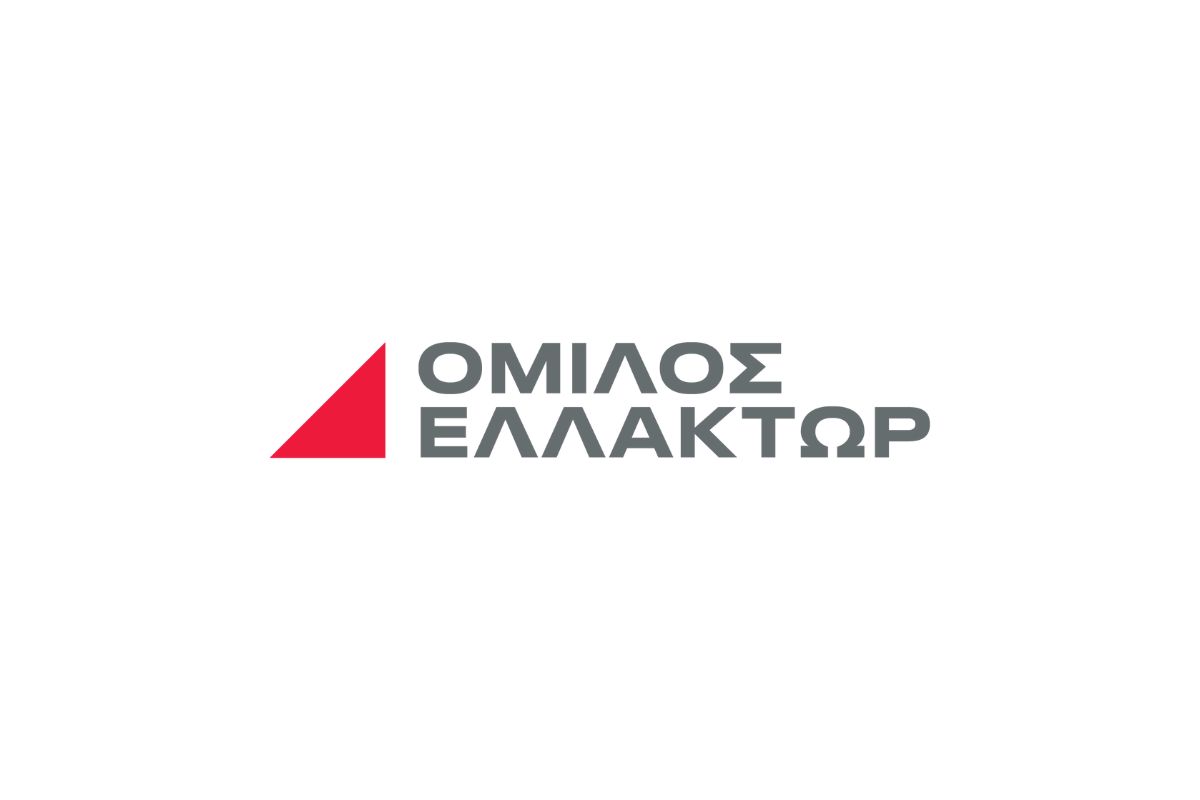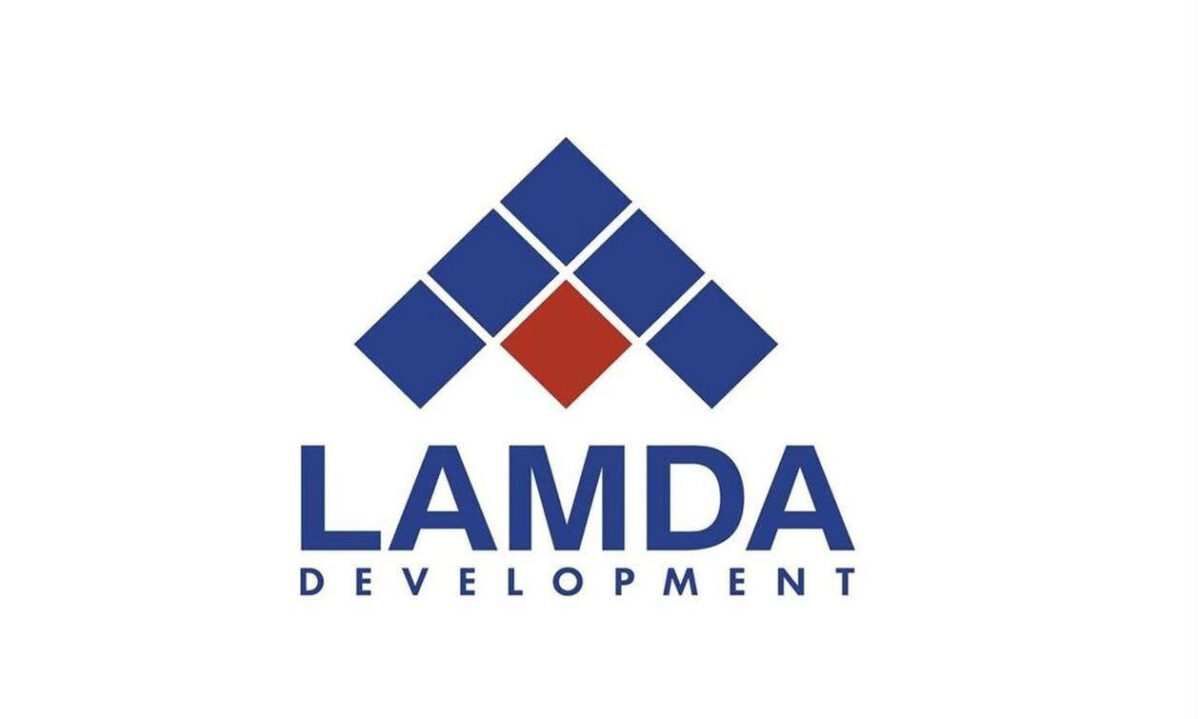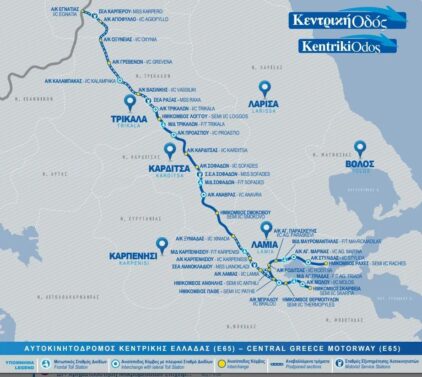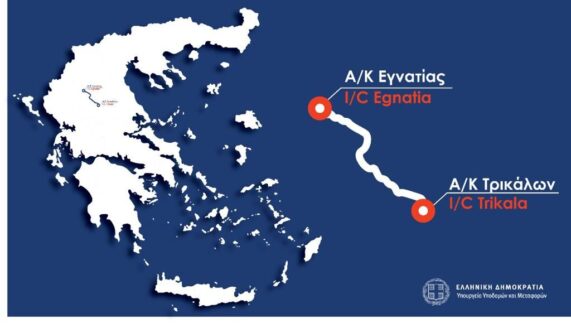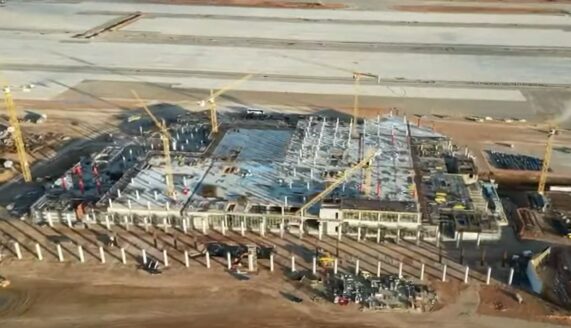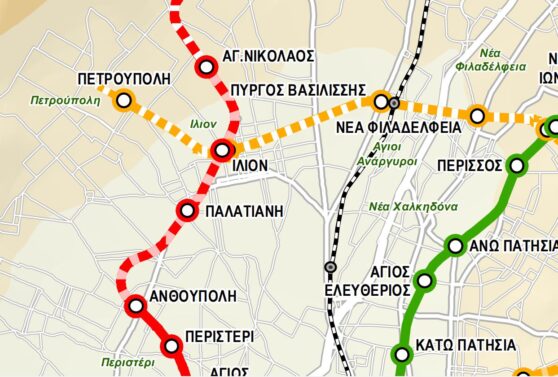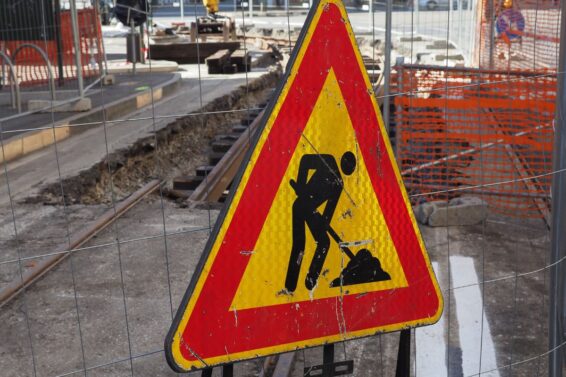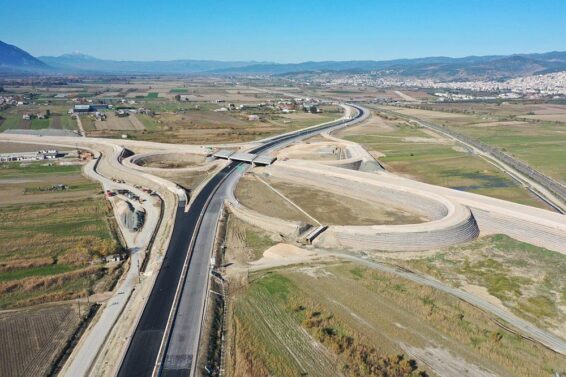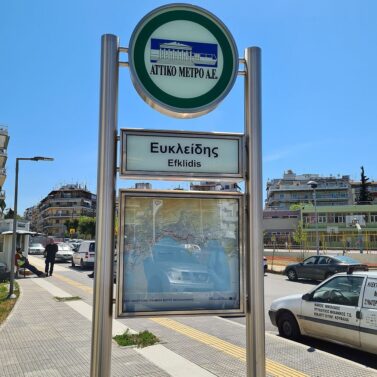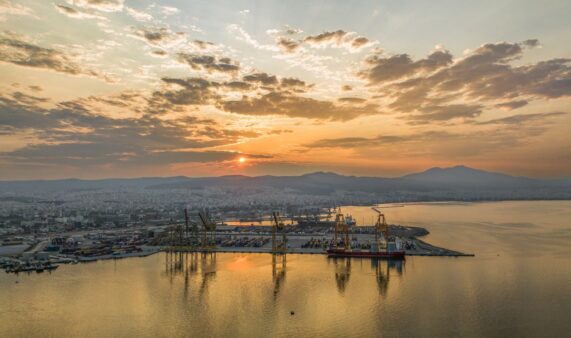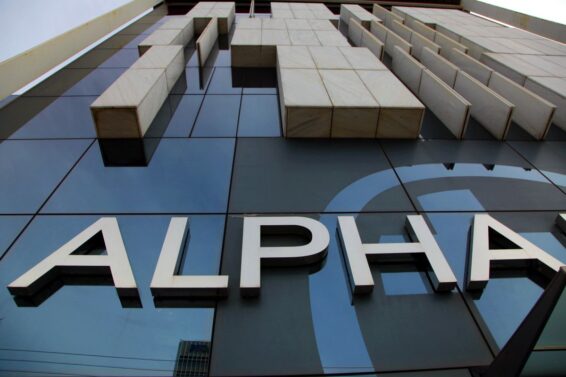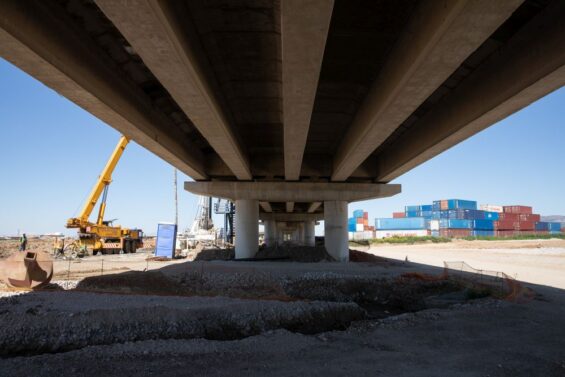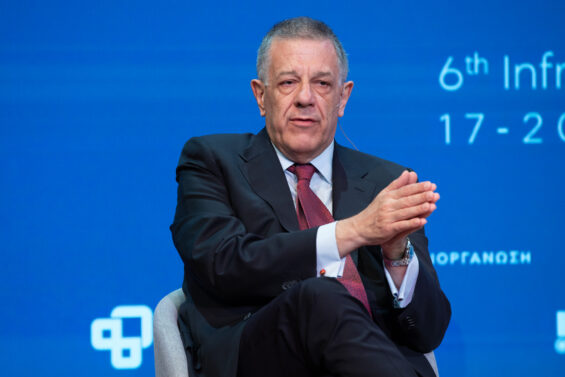Multiple issues that trouble the local constructions sector emerged and were clearly identified during the 1st Infrastructure and Transportation Conference in Greece, that was held last Wednesday, May 24th, in the Ministry’s Amphitheatre and was co-organized by Ypodomes.com and Metaforespress.gr.
The elite of the constructions sector unanimously acknowledged the lack of new projects as well as the completion of the new motorways as major “headaches”, posing challenges for the next day and the future of the companies. This, combined with the shortage of NSRF funds and the deep recession the country is trapped in has created insecurity and frustration among the contractors that need a swift transition to new generation projects in order to remain viable: Athens Metro Line 4, Kasteli Airport in Crete, Underwater Road Tunnel to Salamina island in Attica, the new intercity buses’ Terminal in Eleonas area, “VOAK” motorway axis in Crete, the completion of E65 in Central Greece, railway projects and plentiful other projects of small or medium scale.
Disproportional discounts were also extensively discussed, an issue that has been addressed here at Ypodomes.com as well. Mr. Syrianos, Chairman of STEAT (Association of Greece’s Top-Class Construction Companies) noted that “what is considered to be cheap is finally expensive” while the Infrastructure Minister, who also gave a concise and useful speech during the Conference, admitted that “it is hard to sign projects with more than 60% discount”. Mr. Mitzalis, CEO and Vice President of J&P AVAX S.A. proposed a change of the current auctioning system towards invoicing in order to tackle the problem, a solution that probably will be taken under serious consideration by the Ministry.
A third issue that emerged at the Conference was how the country decides to choose and implement new projects. Mr. Peristeris, Chairman of GEK TERNA, Mr. Koutras, Chairman of AKTOR and the Minister, once again shared a common view on the necessity of changing our approach regarding how we pick projects and how important a central, national, strategic planning for future projects is.
This is particularly crucial, especially in the framework of the growing sparsity of funding resources; NSRF 2014-2020 is quite likely to be the last one, and even if it is not, it is expected to be substantially less generous than the previous Operational Programmes, a reality that will inevitably call for a quest of new funding alternatives (i.e. EIB, PPP projects etc.).
Another very useful conclusion, of an undoubtedly interesting discussion was that the Greek Gov’t should foster the extroversion of the domestic constructions sector abroad by promoting their presence and participation in foreign projects.
Other important issues that were addressed and analysed in the 1st Conference of Infrastructure and Transportation, were the onerous project studies, and how they can improve, the significance of the Project Manager and the Independent Mechanic and the enhancement of the problematic legal framework with regard to public contracts. Here at Ypodomes.com, we are proud and happy to say that we have opened a meaningful discourse about the future of the projects in Greece, a discourse that hopefully will avert Mr. Mitzalis’s ominous, and for the time being, justified, prediction that “conditions will probably remain the same even in 10 years’ time”.
Nikos Karagiannis-ypodomes.com
ΜΗΝ ΞΕΧΑΣΕΤΕ
- Ακολουθήστε το ypodomes.com στο Google News και μάθετε πρώτοι όλες τις ειδήσεις για τις υποδομές στην Ελλάδα
- Αν είστε επαγγελματίας του κλάδου, ακολουθήστε μας στο LinkedIn
- Εγγραφείτε στο Ypodomes Web TV

